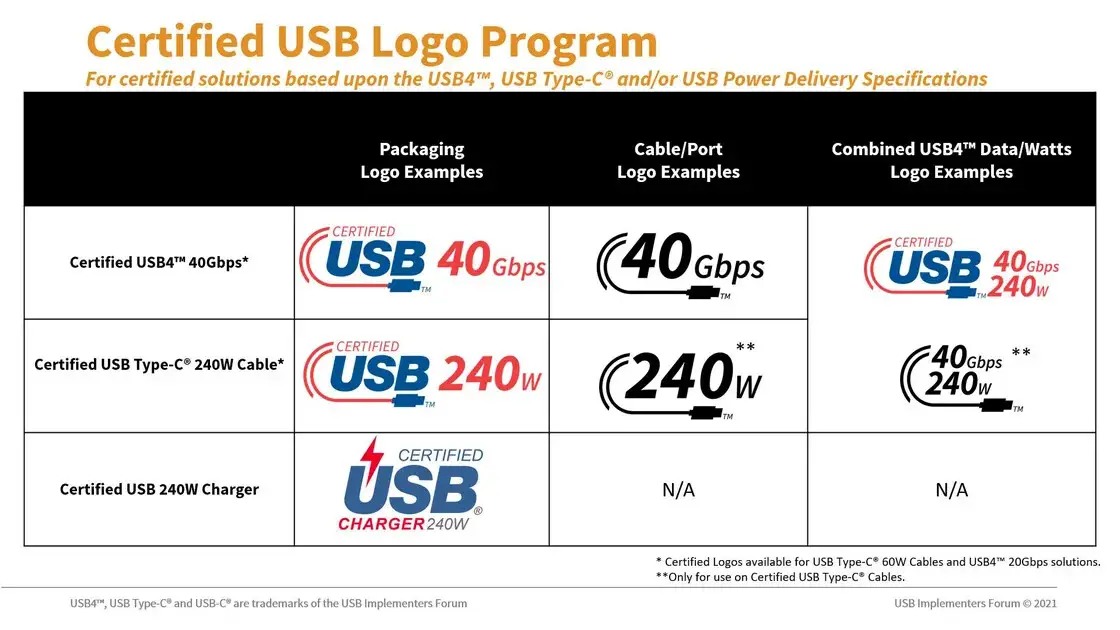AMD optimizes USB 4/Thunderbolt
At this year’s CES 2022 show, AMD released the Ryzen 6000 series of APUs. This Zen 3+ architecture product, code-named Rembrandt, has further optimized the original Zen 3 architecture, using a 6nm process and equipped with a core of the RDNA 2 architecture, supports USB 4, PCIe 4.0, and LPDDR5/DDR5 memory at the same time, and can be configured with up to 8 cores and 16 threads. The new generation of APUs has numerous new technical features that complement the shortcomings of the Ryzen 5000 series.

USB 4 is the fifth major revision of the Universal Serial Bus (USB) standard, with double the transfer speed (40 Gbps) compared to USB 3.2 Gen 2×2, it is compatible with Thunderbolt 3 devices, which provides dynamic bandwidth allocation, and also provides support for USB-PD. USB 4 introduced a tunneling protocol that allows multiple protocols including USB, DisplayPort, and PCIe to run simultaneously. AMD’s support for USB 4 on the Ryzen 6000 series APUs can greatly improve the scalability of its platform.
According to Phoronix, AMD is currently modifying the Linux driver to enhance USB 4/Thunderbolt support and better adapt to different usage scenarios. Its latest effort revolves around the “is_thunderbolt” check used by the kernel driver. If the device is connected via Thunderbolt instead of directly via PCIe, this technology will modify the behavior of the device to solve the problem of the device being a removable/external connection. Since the “is_thunderbolt” check was initiated for Intel’s earlier Thunderbolt master chips, the command completion event is not included.
AMD Linux engineer Mario Limonciello released a series of “is_thunderbolt” patches last week, the driver behavior covering AMD’s USB 4 design. AMD has also simplified the relevant driver code in this series of patches, and its path involves eGPU and other support.





